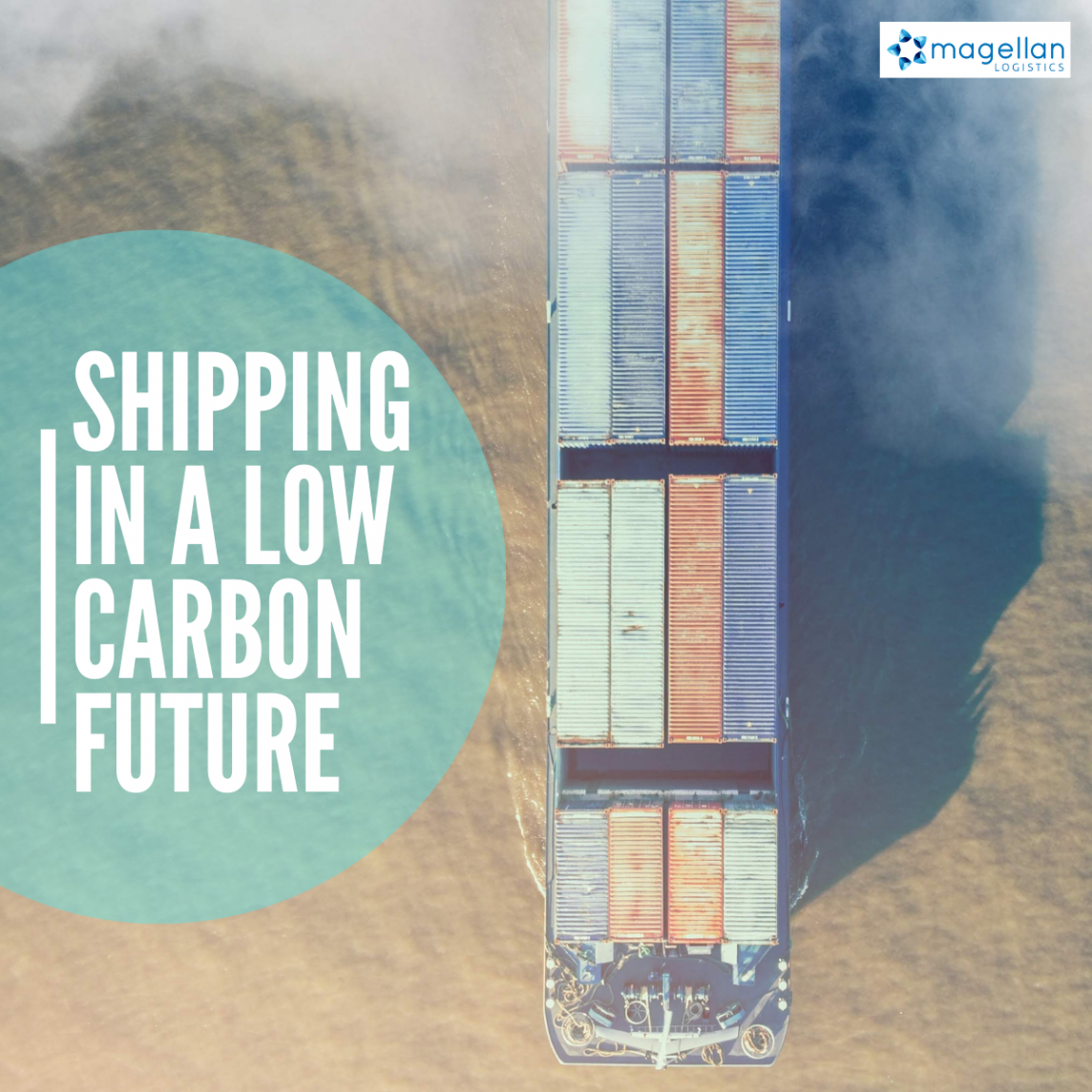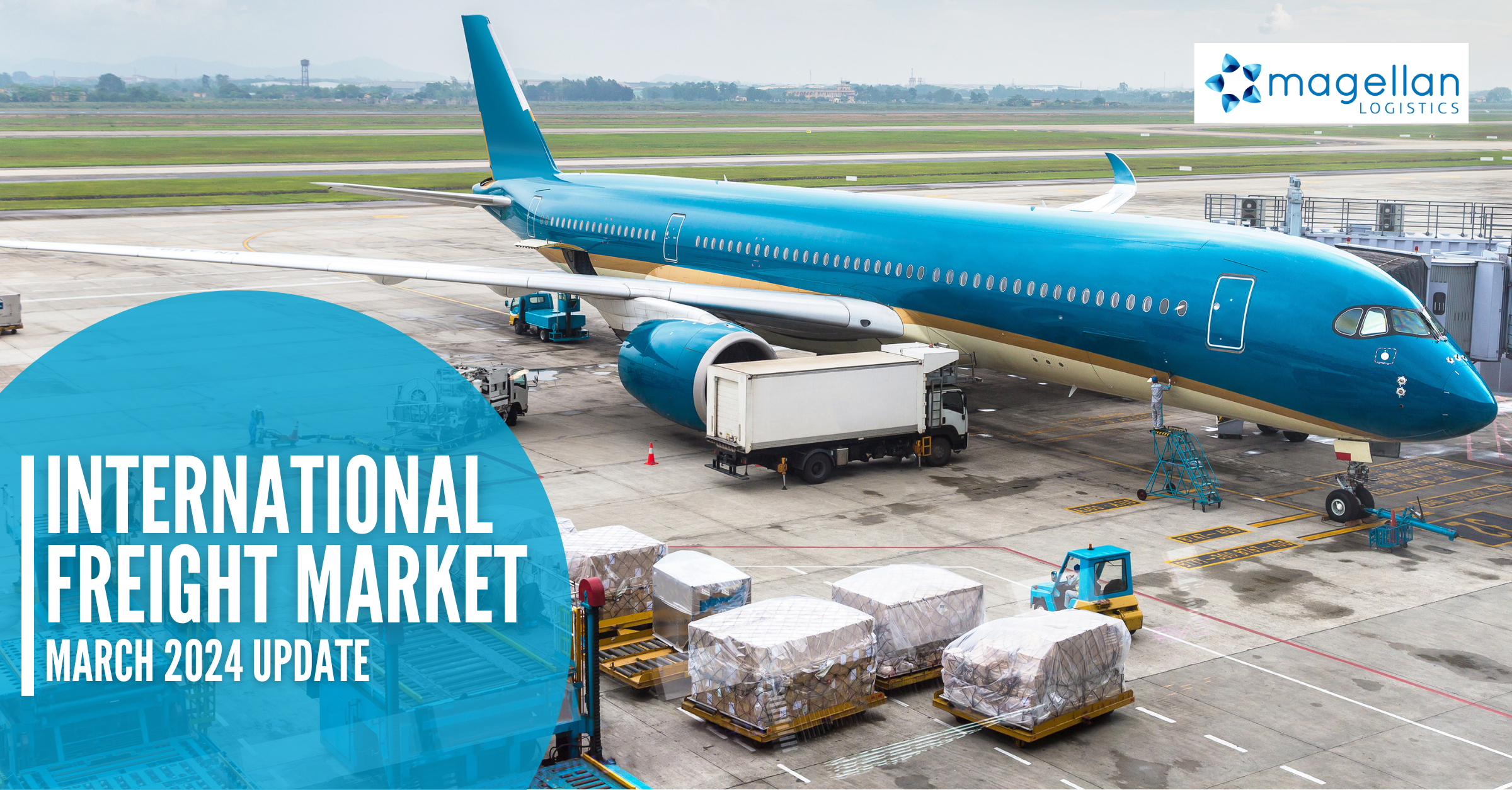The current major global shipping crises aside, shipping and ports generally receive very little public attention. In a recent interview with the Sydney Morning Herald, Michael Bell, professor of Ports and Maritime Logistics at the University of Sydney, put that down to their efficiency. “From the point of view of the consumer, it works; the goods turn up, and they are on the shop shelves,” he says.
Like all industries, shipping is under pressure to help address climate change. The fossil fuels burnt to move cargo vessels worldwide make a significant contribution to global carbon emissions levels.
In 2019 international shipping accounted for around 2.5 per cent of global CO2 emissions – more than double Australia’s total emissions.
The International Maritime Organisation (IMO), the UN body that regulates international shipping, has set a target to reduce the carbon intensity of shipping by 40% from 2008 levels by 2030 and by 70% by 2050.
However, other bodies are pushing more ambitious targets for low carbon shipping, and shipbuilders and shipping lines are moving ahead of the regulator by experimenting with cleaner fuels and low-emission engine technologies.
At the start of London International Shipping Week yesterday, the UK government called for a target of zero emissions for international shipping by 2050.
Transport secretary Grant Shapps said: “As a maritime nation with a rich history, and host of COP26 this year, we are proud to be at the forefront of the greener era for maritime, charting an international course for the future of clean shipping.”
Maersk CEO, Søren Skou, having recently ordered world-first green methanol dual-fuelled boxships last week, urged the IMO to follow the lead of Europe’s automotive sector and decarbonize shipping by 2035.
Skou favours a carbon tax of up to $450 per tonne of fuel to bridge the price gap between existing bunker fuels and carbon-neutral fuels.
According to the latest Intergovernmental Panel on Climate Change (IPCC) report released in August 2021, climate change is widespread, rapid, and intensifying. Strong and sustained reductions in emissions of CO2 and other greenhouse gases would limit it.
As we see more and more voluntary market commitments across the globe, it is clear there is an elevated sense of urgency to do something to slow the damage; and with that, an increasing demand for businesses to be accountable.
At Magellan, we are taking steps to audit our carbon footprint to become Climate Active accredited as soon as possible. We are also in the process of developing a carbon-neutral freight option for our clients as best freight forwarding services, who have shown an interest in being accountable for the carbon emissions caused by their international freight.
To learn how to make your freight carbon-neutral, contact David Thatcher or Melissa Wraith
https://splash247.com/uk-calls-for-zero-global-shipping-emissions-by-2050/
https://splash247.com/skou-urges-imo-to-ban-fossil-fuelled-ships-by-2035/













